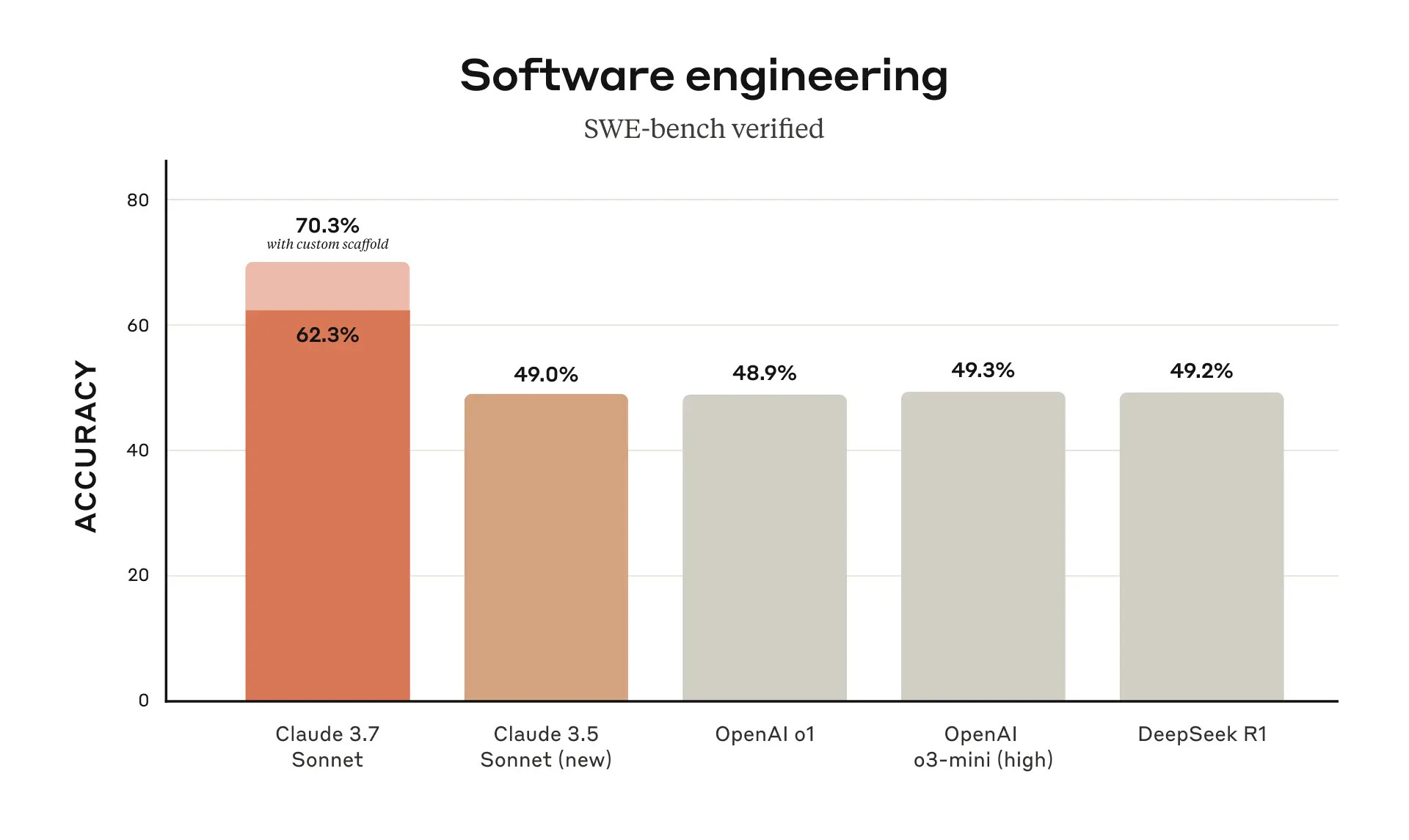Text Blaze Highlights
 New Formula Functions
New Formula Functions
We've launched two new formula functions in Text Blaze:
any(list): Returnsyesif any of the values in a list areyes, otherwise it returnsnoevery(list): Returnsyesif every value in a list isyes, otherwise it returnsno
Here are some examples of these functions in practice:
{list1=[yes, no, yes]}
list1: {=list1}
any(list1) = {=any(list1)}
every(list1) = {=every(list1)}
{list2=[yes, yes, yes]}
list2: {=list2}
any(list2) = {=any(list2)}
every(list2) = {=every(list2)}
These new functions make it easier to check if one of multiple values in a list is yes or no.
 Defaults for {formmenu} using a Values List
Defaults for {formmenu} using a Values List
The {formmenu} command allows you to specify a dropdown menu of items the user can select from. You can specify a static set of options for the dropdown menu, or you can use the values setting to make the menu dynamic based on the values in a list you specify.
Previously, when using the values approach, you could not specify a default value for the menu. That has now changed, and we now support default values for menus using values lists.
{colors=["Red", "Green", "Blue"]}
{formmenu: values={=colors}; default=Green}
AI Blaze Highlights
 Selection Quick Prompts
Selection Quick Prompts
We've added a new quick prompt tooltip that appears when you select text on a page. This tooltip makes it even easier and quicker to access AI Blaze right when you want.
You can click one of the quick prompt icons to instantly launch a saved prompt or you can expand the tooltip to ask whatever you want or search your other prompts.
If you don't find this tooltip to your liking, you can hide it on one domain or all pages by clicking the "x" icon on the tooltip.
 Upgraded Sonnet Model
Upgraded Sonnet Model
We've upgraded the AI Blaze Sonnet model to Sonnet 3.7, which was released this week!
Anthropic's release announcement reports large improvements for this new model over their prior model:
In Blaze's internal benchmark, we also see a significant improvement for it over the prior Sonnet model.
Data Blaze Highlights
 Distribution Field Summary
Distribution Field Summary
We've added a new field summary type that allows you to easily see the frequency of common values that exist in a column. This is great for things like single select fields or other fields with repeated or common values.
 Additional Filters
Additional Filters
New filters have been added to allow you to filter fields that are lookups of a number field or lookups of a date field.
These new filters will make it easier to work with complex datasets.
And remember... 
We're always here for you! If you ever need a helping hand, don't hesitate to drop a line in our Question and Answer community forums. And if there's something you'd love to see in Text Blaze, AI Blaze, or Data Blaze, we'd be absolutely thrilled to hear about it in the Features Ideas section.




